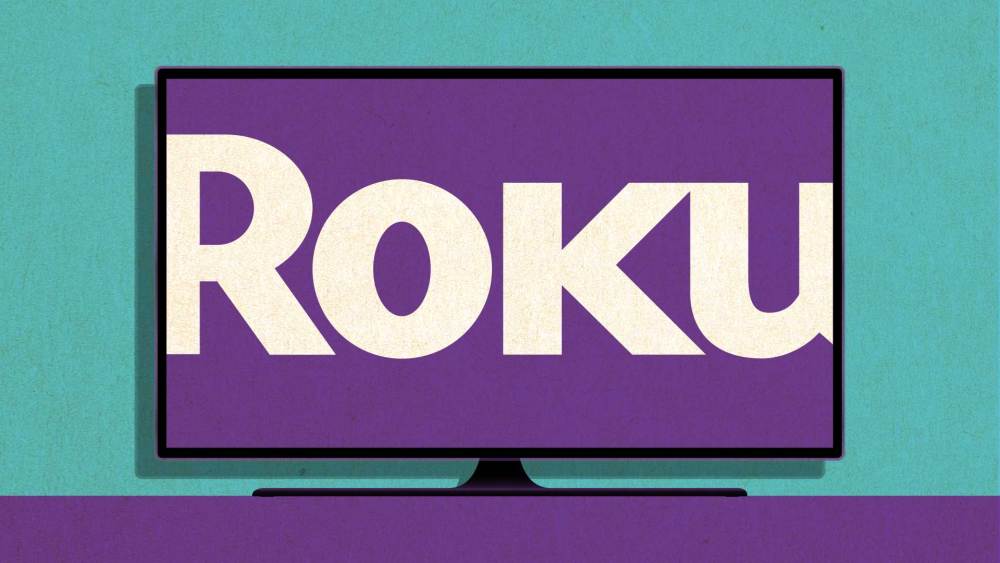
About one-fourth of Roku’s cash and equivalents — nearly half a billion dollars — has been held in Silicon Valley Bank (SVB), which was shut down by financial regulators Friday after it collapsed. And the streaming platform company said it’s unsure how much of that cash it will recover.
SVB, after it faced a run on deposits and failed to raise capital to make up the shortfall, was closed by the California Department of Financial Protection and Innovation, which appointed the FDIC as receiver of its assets. SVB, which had $209 billion in assets at the end of 2022, had been attempting to find a buyer but was ultimately unsuccessful.
Roku disclosed in an SEC filing that about $487 million of its $1.9 billion in cash and equivalents is held at SVB, or about 26% of the company’s cash and cash equivalents balance as of March 10. The remaining $1.4 billion is “distributed across multiple large financial institutions,” Roku said in the filing.
“The company’s deposits with SVB are largely uninsured. At this time, the company does not know to what extent the company will be able to recover its cash on deposit at SVB,” Roku said.
The FDIC will pay uninsured depositors an “advance dividend within the next week,” according to the filing. Uninsured depositors will receive a receivership certificate for the remaining amount of their uninsured funds. As the FDIC sells the assets of SVB, future dividend payments may be made to uninsured depositors.
Roku said it “continues to believe” that its current cash and equivalents balance — as well as cash flow from operations — “will be sufficient to meet its working capital, capital expenditures and material cash requirements from known contractual obligations” for the next 12 months “and beyond.”
Roku’s revenue growth slowed dramatically in the back half of last year — and the company expects overall revenue to decline about 5% in the first quarter of 2023. Amid macroeconomic headwinds, Roku’s operating expenses have soared — jumping 71% in the fourth quarter. In November, Roku said it was laying off 200 employees in the U.S., cutting about 5% of its overall workforce.
Roku makes and sells its own streaming devices, and has launched its own branded line of connected TVs — available exclusively through Best Buy later this month. The company also licenses its operating system to TV manufacturers with brands including TCL, Hisense, Sanyo, JVC, Philips and Sharp.
Most of Roku’s revenue, however, comes from ad sales and content partnerships. For the full-year 2022, 87% of the company’s revenue, or $2.7 billion, came from its Platforms segment, which posted gross income of $1.5 billion (56% gross margin). Roku’s devices business, by contrast, ran a negative gross margin last year of -22%.













